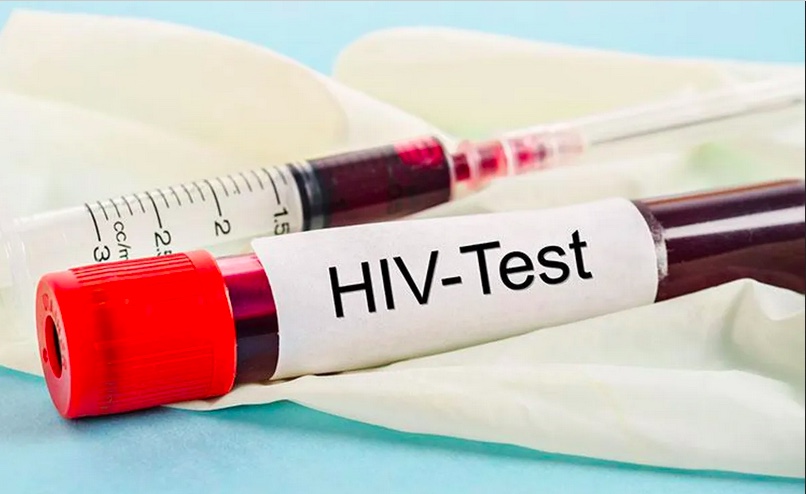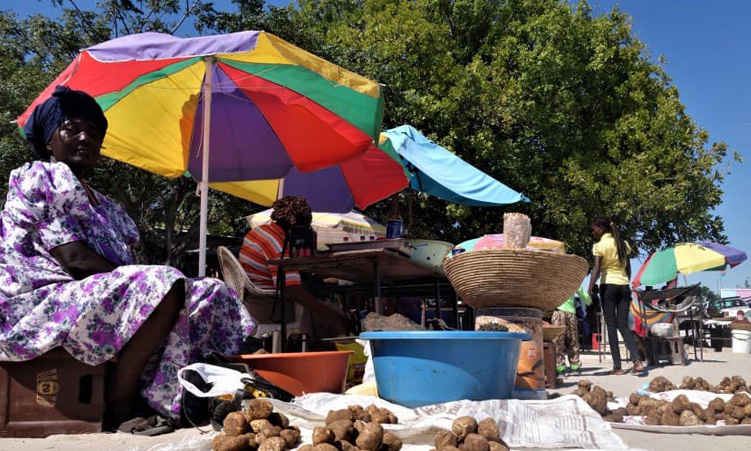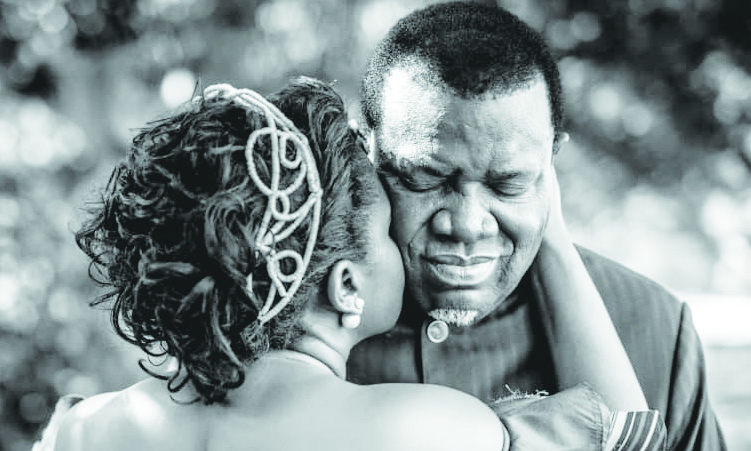BEIJING – Human rights groups yesterday called for an independent inquiry on the eve of the 15th anniversary of the Tiananmen Square massacre, with all debate on the issue in China quashed, dissidents under house arrest and phone lines cut.
Amnesty International led the charge in a strongly worded statement demanding those responsible for the deaths of hundreds, some say more than a thousand, must be held responsible. “Those found responsible should be tried and brought to justice,” the London-based group said.Amnesty “calls on the government to release all those who are still held in connection with the Tiananmen crackdown and who never received fair trials,” it added.The group has records of more than 50 people it believes remain imprisoned in China for their part in the protests, a number which is thought to be “a fraction of the true figure” and one never released by the authorities, the statement said.In the US, a resolution was due to be debated by Congress also calling for an independent inquiry, prompting an an angry denouncement from the Chinese government yesterday.In the lead-up to the anniversary, China’s secretive state security police have placed known dissidents under house arrest or strict surveillance and are monitoring universities to prevent commemorations taking place.Some leading dissidents have been forced from their homes to hotels in Beijing or elsewhere around the country, the Hong Kong-based Information Centre for Human Rights and Democracy said.Telephone conversations with dissidents contacted by AFP were cut off usually within five or ten seconds.Some previously used phone numbers are no longer in service.”I’m under surveillance 24 hours a day.A car is parked right outside my home.The officers are of course all plain-clothes,” said Ding Zilin, who heads the Tiananmen Mothers group and was one of the few people able to speak.At universities, academics said security police have set up a special task force to clamp down on students.The leadership has shown no sign of changing its position on the crackdown, defending its actions this week as necessary for economic growth and China’s emergence on the world stage.The first real sign of the impending democracy protests in 1989 came on April 15 with the death of former Communist Party boss Hu Yaobang, who had been stripped of his post by strongman Deng Xiaoping for being too lenient on earlier student protests.His death triggered an outpouring of emotion with the first “big character” political posters going up at Beijing universities.The protest movement rapidly grew, prompting then premier Li Peng to declare martial law on May 20.With no sign that the protests would die down, the army, supported by tanks, opened fire on the night of June 3 and 4.- Nampa-AFP”Those found responsible should be tried and brought to justice,” the London-based group said.Amnesty “calls on the government to release all those who are still held in connection with the Tiananmen crackdown and who never received fair trials,” it added.The group has records of more than 50 people it believes remain imprisoned in China for their part in the protests, a number which is thought to be “a fraction of the true figure” and one never released by the authorities, the statement said.In the US, a resolution was due to be debated by Congress also calling for an independent inquiry, prompting an an angry denouncement from the Chinese government yesterday.In the lead-up to the anniversary, China’s secretive state security police have placed known dissidents under house arrest or strict surveillance and are monitoring universities to prevent commemorations taking place.Some leading dissidents have been forced from their homes to hotels in Beijing or elsewhere around the country, the Hong Kong-based Information Centre for Human Rights and Democracy said.Telephone conversations with dissidents contacted by AFP were cut off usually within five or ten seconds.Some previously used phone numbers are no longer in service.”I’m under surveillance 24 hours a day.A car is parked right outside my home.The officers are of course all plain-clothes,” said Ding Zilin, who heads the Tiananmen Mothers group and was one of the few people able to speak.At universities, academics said security police have set up a special task force to clamp down on students.The leadership has shown no sign of changing its position on the crackdown, defending its actions this week as necessary for economic growth and China’s emergence on the world stage.The first real sign of the impending democracy protests in 1989 came on April 15 with the death of former Communist Party boss Hu Yaobang, who had been stripped of his post by strongman Deng Xiaoping for being too lenient on earlier student protests.His death triggered an outpouring of emotion with the first “big character” political posters going up at Beijing universities.The protest movement rapidly grew, prompting then premier Li Peng to declare martial law on May 20.With no sign that the protests would die down, the army, supported by tanks, opened fire on the night of June 3 and 4.- Nampa-AFP
Stay informed with The Namibian – your source for credible journalism. Get in-depth reporting and opinions for
only N$85 a month. Invest in journalism, invest in democracy –
Subscribe Now!






